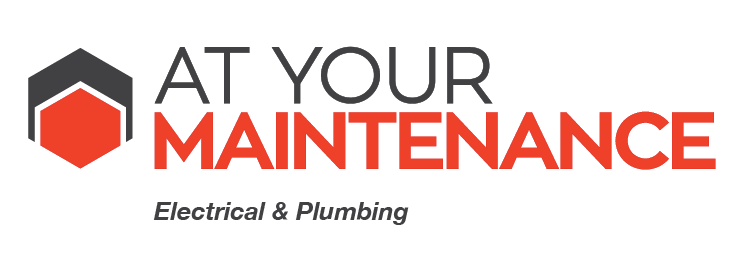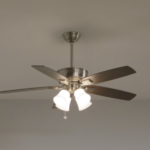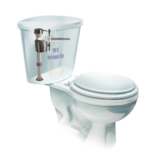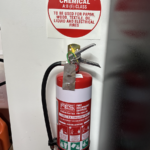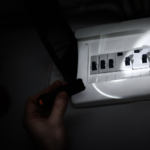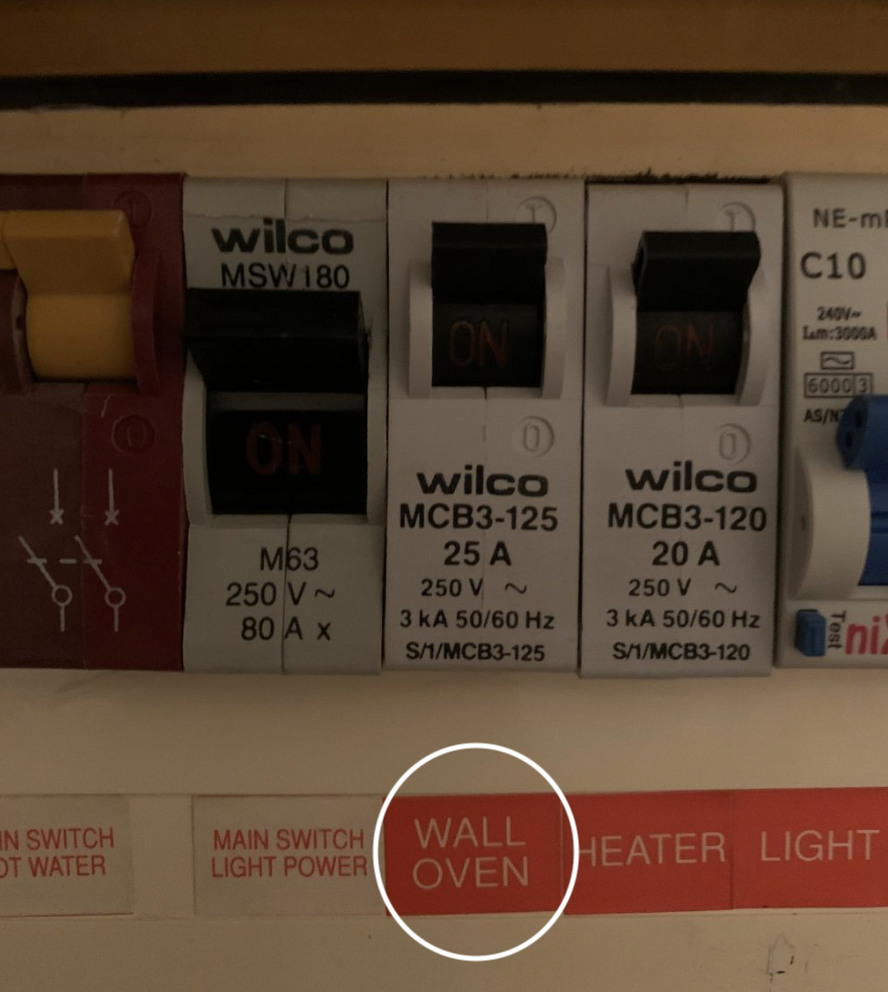
Do I need an electrician to install my oven in Australia in 2023? The Australian Standards for electric oven wiring ensure the safe and proper use of this kitchen appliance. Electric ovens differ from gas ovens as they rely on electrical wiring and components instead of gas.
Therefore, it is crucial to have a qualified electrician install an electric oven due to the complexity of the electrical components involved.
By following these standards, users can enjoy their electric ovens with peace of mind knowing that safety measures are in place.
Australian and New Zealand Electrical Wiring Installation Rules
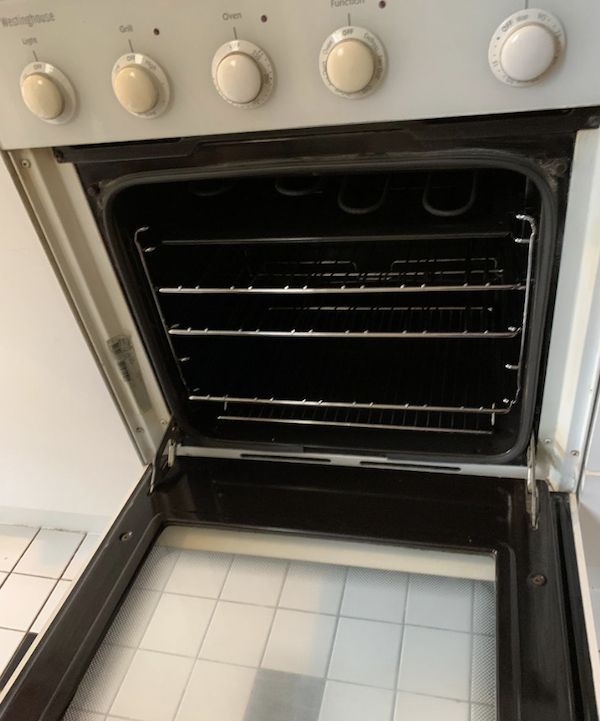
For electrical installations in Australia and New Zealand, it is important to adhere to the Wiring Rules 3000:2018. These standards outline regulations and guidelines for the proper wiring of electric ovens and other related equipment.
Due to the complexity involved, only licensed electricians are qualified to work with electric ovens, as they have the knowledge and expertise to handle electrical circuits and multiple wires safely. By following these rules, you can ensure that your electric oven installation is done correctly and in compliance with industry standards. This also helps prevent things like electrical fires.
Does an electrician need to install an electric oven?
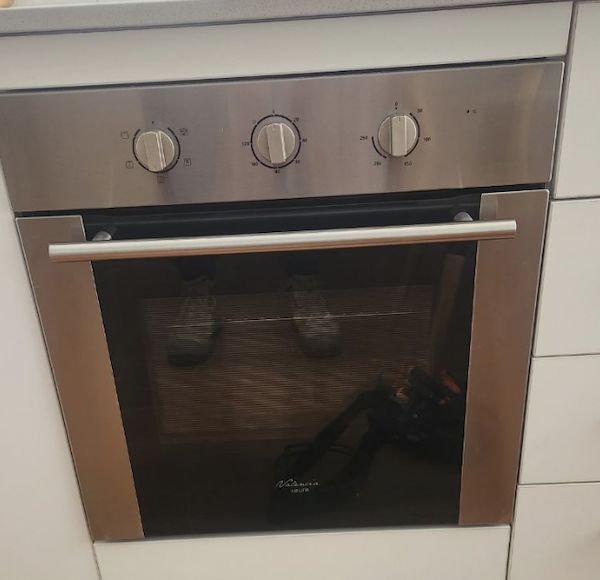
When it comes to electric ovens, it’s crucial to have qualified and professional electricians handle any installation and repairs. This type of electrical work requires expertise and knowledge to ensure proper installation and functionality.
Additionally, after the oven has been installed, it is important to obtain a compliance certificate as proof that the installation was done professionally and meets all relevant standards and regulations.
By working with experienced professionals and obtaining the necessary documentation, you can have peace of mind knowing that your electric oven is in safe hands.
What are safety switches or RCD’s?
When it comes to installing an electric oven, safety is of utmost importance. It is necessary to have a safety switch or Residual Current Device (RCD) connected on the final sub-circuit in domestic and residential buildings. These safety measures are typically installed when new ovens are being set up.
Additionally, if there are any changes made to the kitchen’s electrical system, such as installing a new switchboard or rewiring, a new circuit must be connected to the cooker control unit for proper functioning and protection.
What is an ARC Fault Detection Device?
Arc fault protection devices are crucial in preventing electrical fires caused by faults between two conductors. These faults can generate high amounts of heat, posing a significant fire risk.
To ensure safety, it is important to connect these arc fault protection devices to the electric oven through the electrical switchboard.
By doing so, potential hazards can be addressed effectively and reduce the likelihood of fires occurring.
Do Electric Ovens need to be Hardwired?
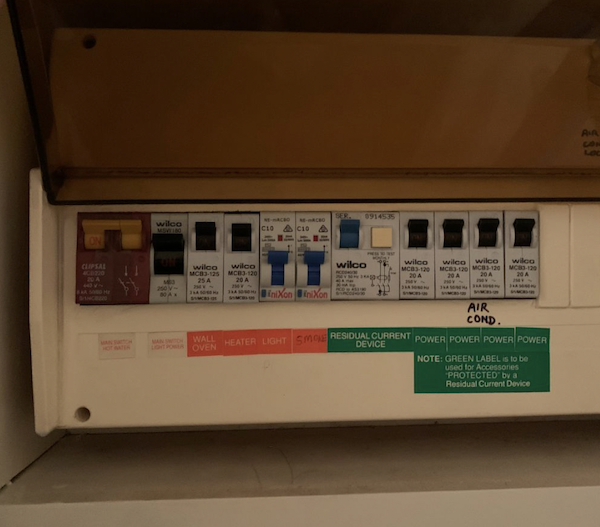
For ovens with a rating of over 3kw, it is necessary for them to be hardwired rather than plugged into a dedicated circuit. This ensures their safety and reliability.
When an oven is hardwired, it means that the cables are already provided with the product and there is no need for an additional plug-in. Instead, the oven is directly installed in the building and connected to its own dedicated circuit, ensuring a secure electrical connection.
Can an Electric Oven just be Plugged in?
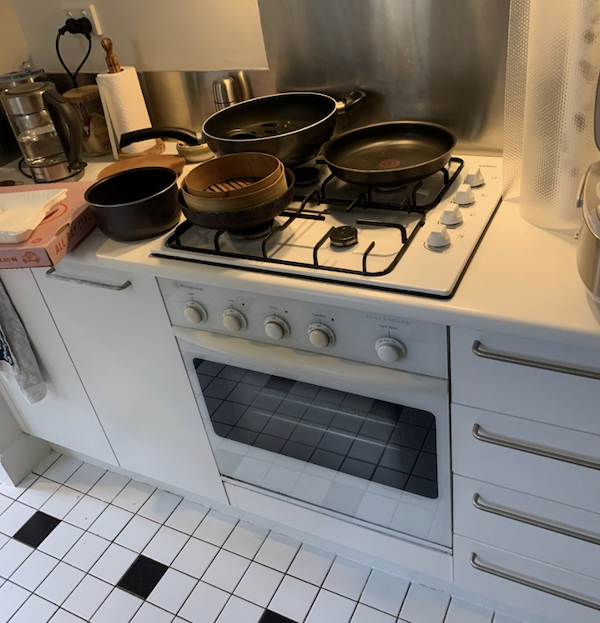
To safely install an electric oven, it is important to ensure that the oven can be plugged into a suitable electrical outlet.
Regular powerpoints may not be able to meet the higher power requirements of electric ovens. Instead, a 220-volt outlet is needed for safe operation. While it may seem simple to just plug in the appliance, it is strongly recommended to have an electrician perform the installation.
This ensures that the oven is properly installed and reduces the risk of any incorrect or unsafe wiring connections. Installing an electric oven involves more steps than just plugging it in, so relying on a professional will ensure everything is done correctly and safely.
Some built-in electric ovens don’t need to be hardwired because they have lower power requirements of 2.2kW and can be simply plugged into a regular power point, using a standard 10 amp plug.
How do I know if my oven is hardwired?
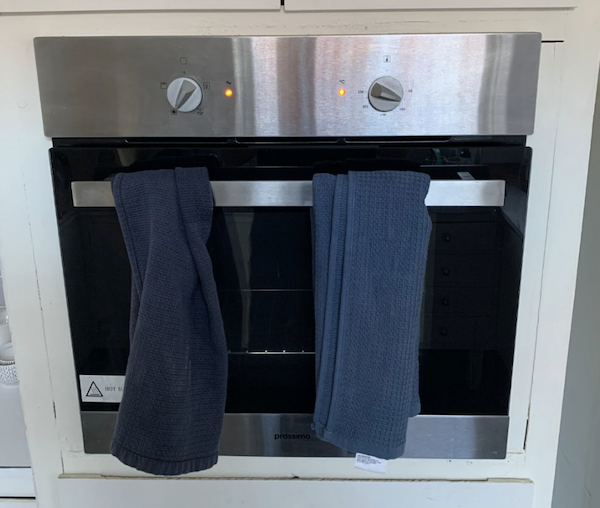
When an appliance is described as “hard-wired,” it means that the electrical cable of the appliance is already attached and connected directly to the household wiring. This means there is no plug provided for easy connection to a power outlet.
For any assistance with appliance installations, contact At Your Maintenance. Did we leave something off the list? Comment below and we can add it to the article!

